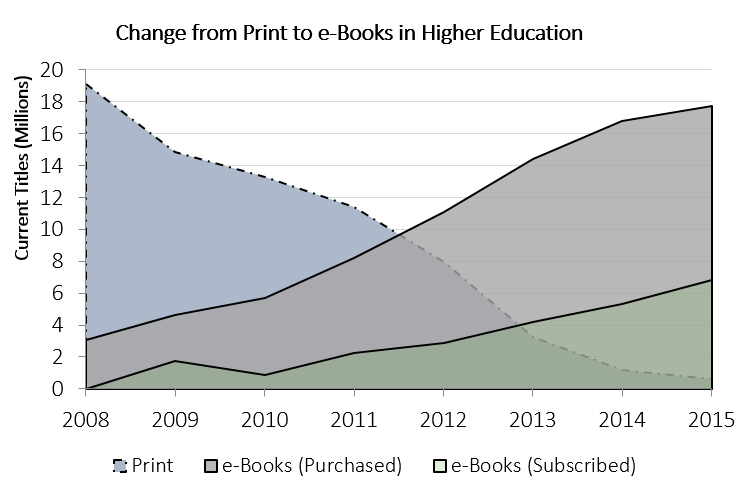Response to the proposed merger of Cengage and McGraw-Hill
The Council of Australian University Librarians (CAUL) is the peak leadership organisation for university libraries in Australia. CAUL members are the University Librarians or equivalent of the thirty-nine institutions that have representation on Universities Australia and the eight members of the Council of New Zealand University Librarians (CONZUL).
University libraries are diverse institutions that play a central role in the business of Australian universities. CAUL is committed to the principles of Open Scholarship and FAIR (Findable, Accessible, Interoperable, Reusable) scholarly practices[1], which encompasses open access, open data, open science, open educational resources, and all other forms of openness in the scholarly and research environment.
As an association committed to advancing open and equitable access to knowledge, information and data, we are positioned to provide an informed response to the ACCC on the matter of the proposed merger of Cengage and McGraw-Hill.
McGraw-Hill is a significant international competitor in the Australian book publishing industry and a merger with Cengage has the potential to shift the competitive dynamic in Australia’s education sector, which is Cengage's primary market. Higher education publishing in Australia is a digital market. According to CAUL’s statistics[2], the number of e-Books has exceeded the number of printed books in university library collections since 2012 and subscription-based e-Book licences are becoming increasingly popular (Figure 1).
It is our view that the merger of Cengage and McGraw-Hill could limit competition in the Australian higher education marketplace and would be contrary to the principles of Open Scholarship and FAIR. We also share the concerns of SPARC (the global Scholarly Publishing and Academic Resources Coalition) that the merger will create a duopoly in the U.S. textbook market as outlined in their filing to the U.S. Department of Justice[3], with global implications.

Figure 1: The change from print to electronic books (e-Books) in Australian university library collections, and the emergence of subscriptions.
Download a PDF copy of the response.
[1] CAUL statement in Open Scholarship: https://www.caul.edu.au/about-caul/policy/statement-open-scholarship
[2] CAUL member statistics: https://statistics.caul.edu.au
[3] SPARC filing to the U.S. Department of Justice: https://sparcopen.org/our-work/oppose-cengage-mcgraw-hill-merger
